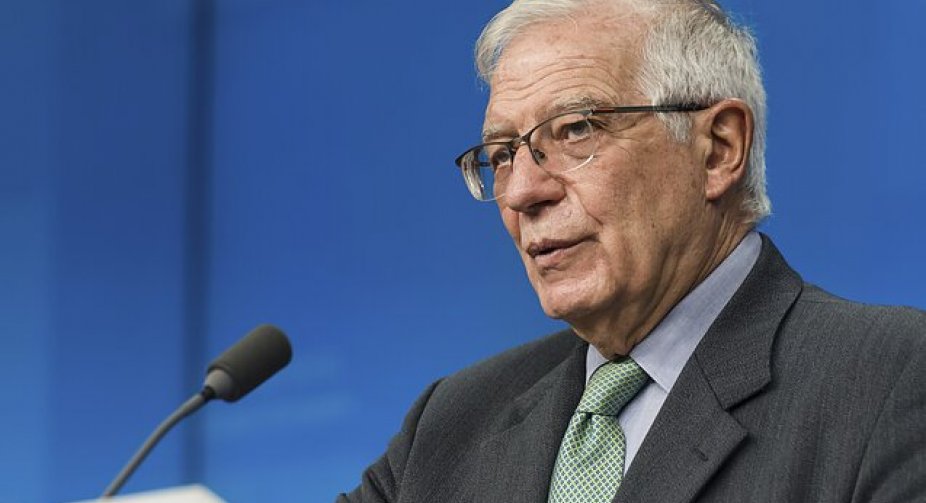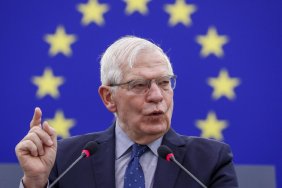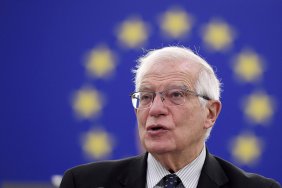The war in Ukraine and growing tensions in other regions of the world force EU countries to look for ways to overcome the "bonsai effect" of the European army. It seems to be something real, but only in miniature. This was stated by EU High Representative Josep Borrell in a blog on the website of the European External Action Service.
"European armies have been devastated, and could be called 'bonsai armies': they look like the real thing, but reduced to a miniature version," Borrell said, recalling that during the past 20 years, the development of European armies was mainly to carry out "expeditionary operations " outside the EU, examples of which can be operations in Afghanistan, Iraq or in the African Sahel region.
According to him, the collective security of EU countries should be strengthened immediately.
"This summer has provided a lot of food for thought around European defense and its future: from (Russia's) war against Ukraine to the serious deterioration of security in the Sahel and the anniversary of the takeover of Afghanistan by the Taliban movement. We must be ready to face difficult decisions and make smart choices. If we let's do it together as Europeans, we will be able to strengthen our collective security," said the High Representative of the EU.
In support of his words, Borrell added that since 1945, the French navy has not been so small, as the number of ships has halved since 1990. Since 1996, the French Air Force has reduced the number of aircraft by 30 percent. There are also gaps in the Ground Forces, in particular in terms of artillery and ammunition, as stocks of such military equipment have been depleted as a result of defense supplies to Ukraine. At the same time, the diplomat added that the situation is worse in other EU countries, including Germany, Italy and Spain.
"The question is, what should we do? We cannot face our 'bonsai armies' in a more threatening strategic landscape where adversaries who use high-intensity warfare operate. At the same time, we cannot be satisfied with the results of our expeditionary military either." activity," Borrell said.






